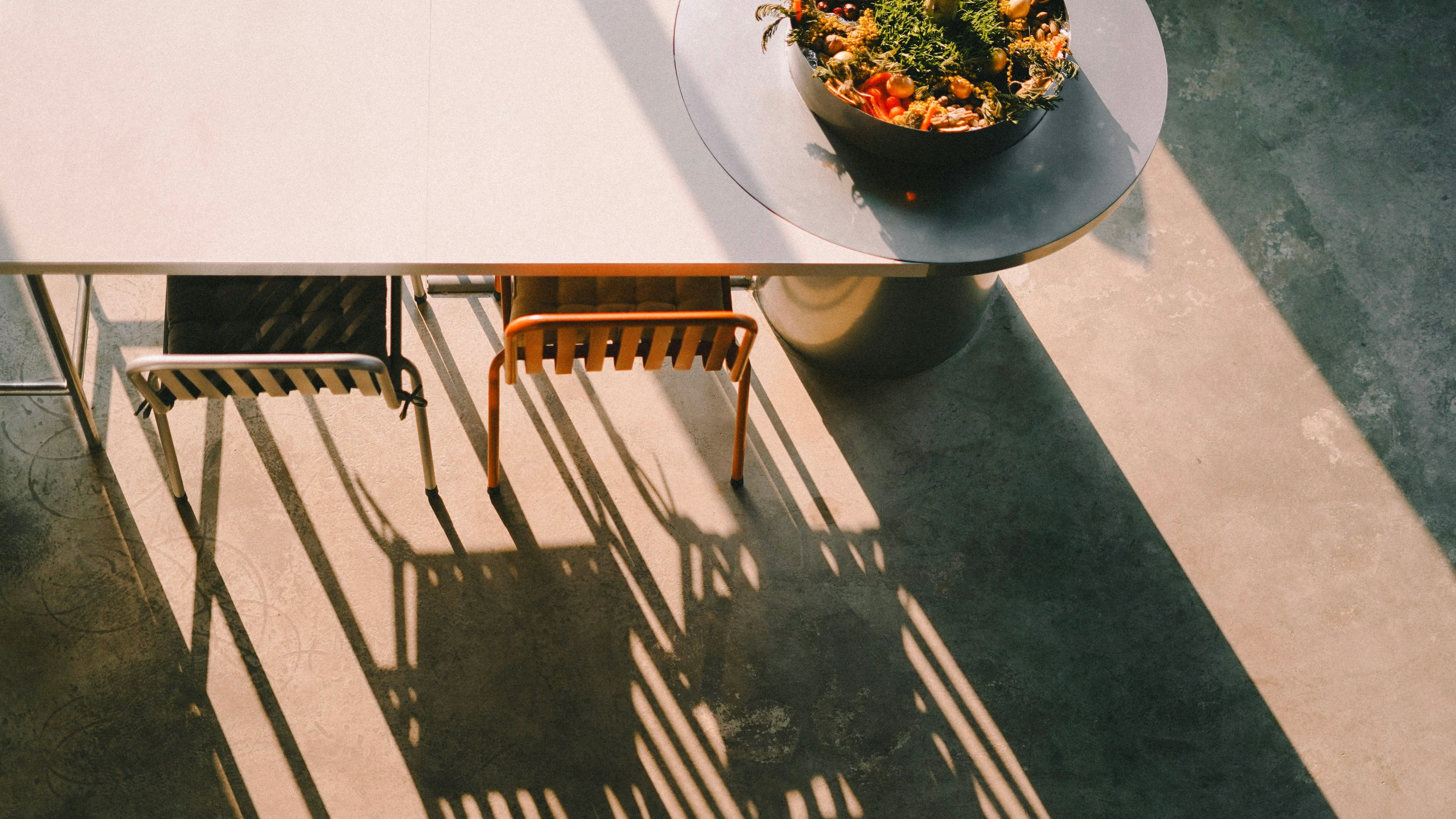The Sacred Act Of Composting: Regeneration Is A State Of Mind


Every morning, as I carry my small bowl of coffee grounds, eggshells, and vegetable peels to the compost bin in my backyard, I feel like I'm participating in something much larger than myself – an ancient cycle that connects me to the very pulse of life on EarthI started composting three years ago, after my great permaculture course. For one month I was working the soil and living a complete eco life and I felt so good during this time so I have decided to continue. I also wanted to reduce waste, create rich soil for my garden, and do something tangible about my environmental impact. But somewhere along the way, composting became more than a sustainable practice. It became a meditation, a ritual, a way of understanding my place in the endless dance of death and rebirth that governs all living things. An action that teach me so much. Valuable values:
There's magic in decay. What appears to be ending is actually beginning. Those banana peels and lettuce leaves that once seemed destined for the landfill are now slowly transforming into something life-giving. The process mirrors so much of what happens in our own lives—how our failures compost into wisdom, how our grief eventually nourishes new growth, how the things we think we've lost forever. Sometimes return to us in unexpected forms. When I turn my compost with a pitchfork, releasing the earthy smell of decomposition and renewal, I'm reminded that regeneration isn't just an environmental concept – it's a spiritual one. Every handful of rich, dark humus tells a story of resurrection. The orange peels are still visible, but they're softer now, breaking down alongside coffee grounds and fallen leaves, all of them becoming something greater than they ever were alone.
In our culture of instant gratification, composting demands patience. It asks me to trust in processes I cannot control or accelerate. I cannot make the microorganisms work faster. I cannot force the worms to eat more quickly. I can only provide the right conditions – the proper balance of green and brown materials, adequate moisture, occasional turning – and then wait. This waiting has taught me something valuable about my own life. So often, I want immediate results, instant transformation, quick fixes. But composting reminds me that the most meaningful changes happen slowly, in their own time, through countless small actions that eventually accumulate into something beautiful and nourishing.
Every time I add scraps to my bin, I feel connected to generations of farmers and gardeners who understood this cycle intimately. Before industrial agriculture, beforesynthetic fertilizers, people knew that waste was never really waste – it was just matter waiting to be transformed. My grandmother saved every potato peel, every apple core. Not because it was trendy or because she read about it in a sustainability blog, but because she understood something fundamental about the interconnectedness of all things. When I spread finished compost in my garden beds, watching my tomatoes flourish in soil enriched by last winter's vegetable scraps, I feel this connection to life. I am not separate from the earth beneath my feet. I am part of its ongoing story of regeneration.
In a world that often feels extractive – where we take and consume and discard – composting is a radical act of giving back. It's a way of saying: I will not just take from this earth. I will participate in its healing. I will return what I have borrowed. There's something deeply satisfying about knowing that the coffee I enjoyed this morning will eventually feed the soil that grows next year's vegetables. It creates a closed loop, a sense of completion that our linear consumption habits rarely provide. Nothing is truly waste. Everything has the potential to become life again.
Perhaps what resonates most deeply about composting is that it's fundamentally an act of faith in the future. When I bury kitchen scraps under layers of leaves, I am expressing belief that there will be a spring to plant in, a garden to tend, a future worth nurturing.

Composting is hope made tangible – the conviction that death is never the end of the story, that every ending contains the seeds of a new beginning. In a world that often feels broken, composting reminds me that regeneration is not only possible but inevitable. It's written into the very fabric of existence. Every fallen leaf, every spent flower, every scrap of organic matter carries within it the promise of renewal. As I write this, my compost bin is working its quiet magic outside my window. Millions of microorganisms are breaking down, building up, transforming waste into wonder. It happens without recognition, just the patient, persistent work of regeneration. And somehow, in participating in this ancient process, I find myself regenerated too. Connected. Grounded. Part of something larger and more beautiful than I could ever be alone. This is why I love making compost. It teaches me, with every turn of the pitchfork, that regeneration isn't just something that happens to organic matter. It's something that happens to us all! It's a state of mind – to be regenerative.
Iris Lubitch (LL.B, LL.M, MBA) - Regenerative Investor Relations Strategist, Lecturer in Impact Entrepreneurship, Lawyer, Activist for a Thriving Planet